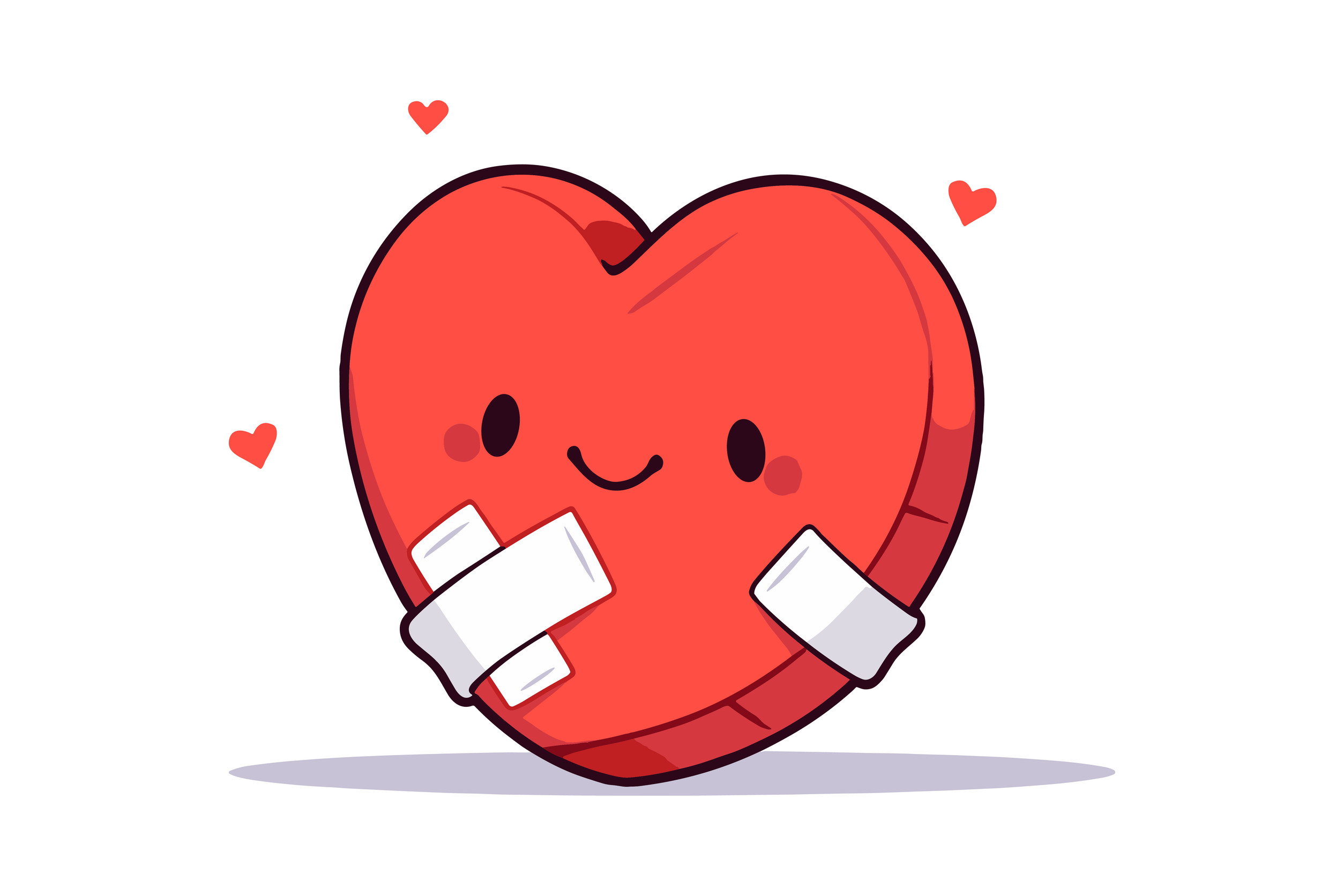When Your Romantic
Feelings Are Rejected
 Image Source: antstang; "heart shape on sunset beach nature tropical background.", 2024. Accessed via https://www.123RF.com/photo_120134394, Standard License.
Image Source: antstang; "heart shape on sunset beach nature tropical background.", 2024. Accessed via https://www.123RF.com/photo_120134394, Standard License.Rejection is incredibly disappointing. But when your romantic feelings are rejected you experience one of life's most challenging emotional hurdles. Whether you've gathered the courage to express your feelings or have been dating someone who doesn't see a future with you, rejection can feel devastating. But it is possible to navigate the complex emotions of rejection while maintaining your dignity and potentially preserving friendships.
Understanding Different Forms of Rejection
Romantic rejection can manifest in various ways, each carrying its own emotional weight. A few of the most common scenarios include:
- The Direct Approach
"I value our friendship, but I don't have romantic feelings for you." This straightforward response, while painful, offers clarity and shows respect for your emotional well-being. The person acknowledges your worth, while being honest about their feelings.
- The "Not Ready" Response
"I'm not in a place for a relationship right now." This rejection can feel ambiguous, as it might leave you wondering if timing is truly the issue or if it's a gentle letdown. Generally, it's best to take this response at face value and move forward rather than waiting for circumstances to change.
- The Gradual Distance
Decreased communication, canceled plans, and emotional withdrawal. Sometimes rejection comes not through words but through changed behavior, which can be particularly challenging to process due to its unclear nature.
Taking Rejection in Stride
It is important to remember that there are two sides to every rejection. And you may not know what is on the other side. While you may feel hurt, disappointed, or embarrassed that your romantic feelings are rejected, the other person may be on the rebound from a failed relationship, concentrating on work, or attracted to someone else.
And consider this. We all have the opportunity to be on either side of the situation at any given time. Regardless of which side you happen to land on, always remain courteous, considerate, respectful, and honest: the foundational elements of etiquette – and healthy relationships.
You can’t make another person feel a certain way about you. But what are some kind words they’ve said about you? Reply accordingly: “Thank you for saying that you appreciate me as a person and friend. I feel the same about you.” That’s a considerate thing to do.
It can be ego-deflating to have your image of yourself challenged with “Not interested, thank you.” Though it feels like the end of the world, make sure the trail you leave behind isn’t cluttered with hasty remarks. Let no words of negativity prevail.
Processing Your Emotions
The journey through romantic rejection typically involves several stages:
- Initial Impact
Allow yourself to feel the full range of emotions: disappointment, sadness, embarrassment, or even anger. These reactions are natural and valid. Give yourself permission to experience them without judgment.
- Self-Reflection
Use this time to examine your feelings and expectations. What drew you to this person? What lessons can you learn from this experience? This reflection isn't about self-criticism but about growth and self-awareness.
- Emotional Release
Find healthy ways to express your feelings:
• Journal about your experience
• Talk with trusted friends or family members
• Engage in physical activity to release emotional tension
• Create art or music to channel your emotions
Remember that rejection isn't a reflection of your worth. Often, it's about compatibility, timing, or circumstances beyond your control. Someone's inability to return your feelings doesn't diminish your value as a person.
Preserving Friendship After Rejection
When your romantic feelings are rejected by someone in your social circle, or with whom you work, seeing that person on a regular basis may be difficult. It is important to establish healthy boundaries.
- Give yourself physical and emotional space when needed
- Keep interactions polite but brief initially
- Focus on professional or group dynamics rather than personal matters
- Avoid discussing the rejection with mutual friends
Allow time for your romantic feelings to subside. This might mean reducing contact for several weeks or months until you've processed your emotions fully. Consciously adjust your perspective of the relationship, accepting and embracing the platonic nature of your connection without hoping for more.
While maintaining your friendship, actively pursue new romantic interests and social connections. This helps prevent fixation on what might have been and opens you to new possibilities.
Moving Forward with Confidence
Remember that rejection, while painful, often leads to personal growth and better understanding of what you seek in relationships. Use this experience as a steppingstone toward future connections.
Most importantly, maintain self-compassion throughout this process. Your willingness to be vulnerable and express your feelings shows courage, regardless of the outcome. With time, patience, and proper self-care, you'll emerge from this experience stronger and better equipped for future romantic endeavors.














